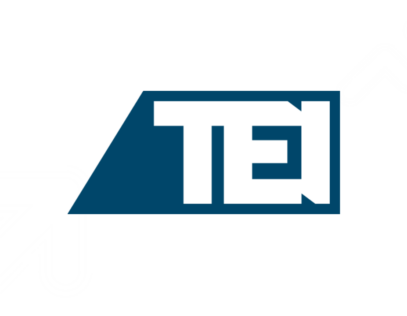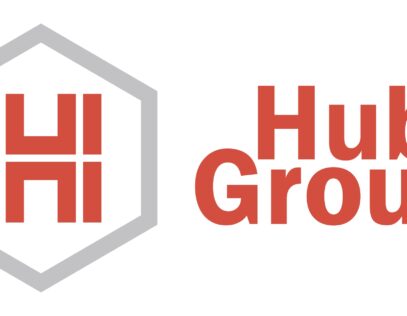With inflation rates at historically high levels and the economy contracting, many folks are starting to throw around a loaded and controversial term: Recession. The term has historically been defined as two consecutive quarters of decline in gross domestic product (GDP); however, “recession” has taken on many meanings and its definition is often in the eyes of the beholder.
Whichever way you define it, it’s clear that in times of economic uncertainty, companies still need to complete the tax provision under ASC 740. And not only that, but companies need to account for this economic uncertainty and the impact it has had, or will have, on the business within the tax provision as well.
These impacts can be felt most prominently in three key areas:
- Valuation Allowance Assessment
If a company determines it is not more likely than not to realize all or a portion of its deferred tax assets, it generally needs to have a valuation allowance offsetting such asset. Companies must reassess the need for a valuation allowance on deferred tax assets at each reporting date.
In assessing whether or not a valuation allowance is needed, all available evidence should be considered. This includes historical information—which is the most objective—but also currently available information about future years. The four key pieces of evidence applicable in this analysis are:
- Income in Prior Carryback Years
- Taxable Temporary Differences
- Future Income Projections
- Tax Planning Strategies
While the first two pieces of evidence outlined are more objective measures that rely on what has already happened, the last two pieces of evidence are more subjective and rely on the future. For these strategies, the current and future macroeconomic environment, and its impact on the company’s business and future profitability should be considered. A period of prolonged economic uncertainty and downturn, as occurs in a recession, may lead a company towards determining future earnings do not look strong enough to support its usage of deferred tax assets and it may need a valuation allowance. At the very least, it’s a factor that should be considered and weighing in a company’s deferred tax asset realizability assessment.
- Estimated Annual Effective Tax Rate
For the purposes of interim, or quarterly, reporting, companies must estimate the forecasted full-year annual effective tax rate. Then, companies apply this rate to the year-to-date income to compute the year-to-date income tax provision.
However, ASC 740 outlines a key exception to this general rule: If a reliable estimate of the annual effective tax rate cannot be made, the actual year-to-date effective tax rate for the period at hand can be utilized as the best estimate. If the economic environment brings upon such significant uncertainty to a business, where it does not have the ability to make a reliable estimate of the company’s forecasted full-year earnings and tax expense, this actual year-to-date methodology would need to be used. This fact pattern may be much more common in the event of a recessionary period given the inherent uncertainty involved in such.
- Tax Accounting Impacts of Impairments
In an economic downturn, tax accountants aren’t the only CPAs assessing the impact of such on their company—financial accountants are doing so as well. These financial accountants may determine that as a result of the recessionary environment and poor company performance, their organization needs to impair certain tangible or intangible assets (e.g. goodwill). Such financial impairments have a potentially significant, complex impact on the tax provision, as they could reverse or create differences between tax and financial accounting, resulting in changes to deferred tax accounting and even an impact on the effective tax rate.
While uncertainty is widespread in a tough economic environment, with proper planning and thoughtful consideration of these items, your tax provision can be an area of clarity—one that doesn’t add to the stressful









